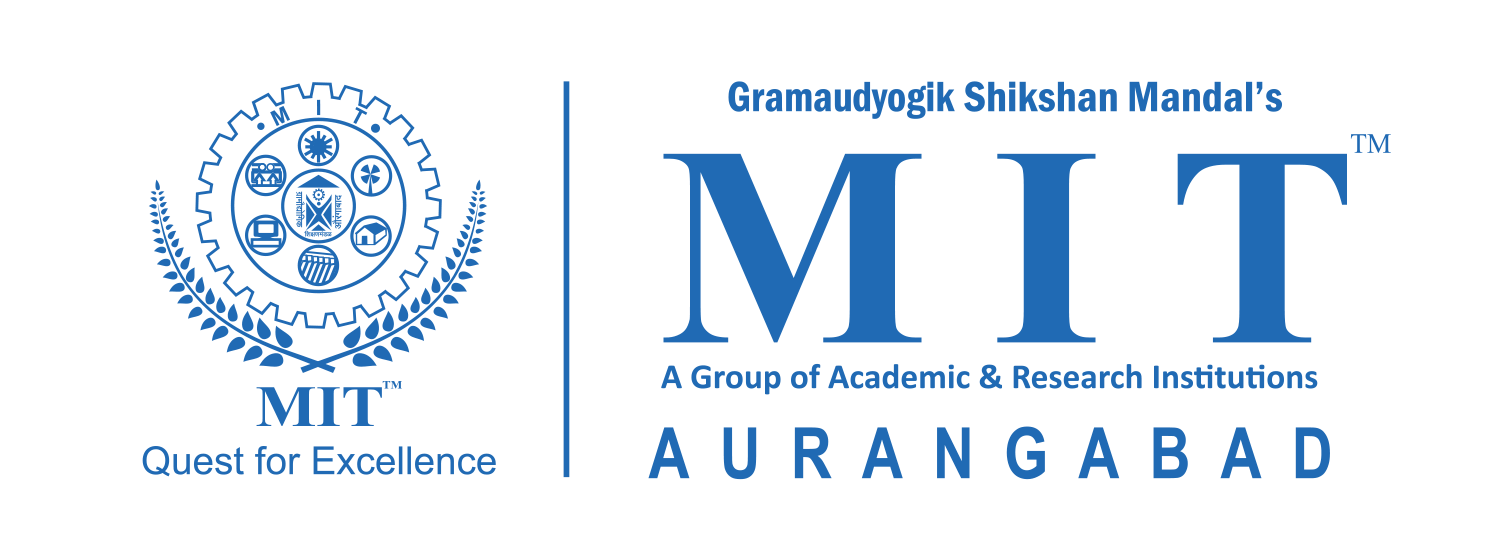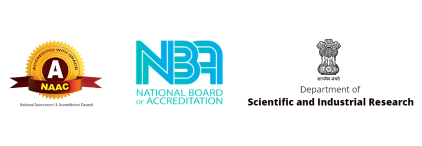Consultancy and Development Services
Existing technologies, when integrated innovatively and creatively, lead to new solutions. Quick turnaround, low development cost, easy adaption are the advantages of this service. Various teams at MIT offer domain-specific and interdisciplinary consultation and solution development services.
MIT solves industry problems through student and faculty participation. The solution delivery teams are constituted based on problem definition. These are short term goals achievable in 3 to 6 months and entail applying to available technologies and engineering practices.
MIT Students comes up with recommendations that can then be implemented through various agencies.
- Mechanical Engineering for Metallurgy & Materials
- Plastics & Polymer Engineering
- Electronics & Telecommunication Engineering
- Computer Science & Engineering
- Civil Engineering
- Agricultural Engineering
Development Services Provided
The development and consulting services of Metallurgy and Materials Engineering (MME) are in collaboration with various National and International organizations like:
- Visvesvaraya National Institute of Technology, (VNIT), Nagpur
- College of Engineering, Pune (COEP)
- Singapore Institute of Manufacturing Technology (SIMTECH), Singapore
- Fraunhofer Research Institute IPA, Germany.
The MME’s objectives are to carry out research activities in shaping making and to treat existing and new materials and offer services to industries involving materials characterization and failure analysis. They aim to impart special in-house training in metallurgy and materials engineering.
Polymer Engineering and Technology Solutions (PETS) PETS is a consulting services initiative of the department of Plastics and Polymer Engineering (PPED), MIT, to provide product development and industrial research solutions encompassing:
- Materials application and development
- Research and New Product Development
- Process Design
- Reclamation Systems management
- Regulatory Advice
- On-site/off-site Training
- On-site Troubleshooting Services
- Testing Services
- Modernization and Modification of Existing Plant and Machinery
- Technical Studies and Guidance
- New Projects on Turnkey Basis
Solutions Case Study
Solution:
A Cryogenic processing cycle was designed for the die and punch material. With controlled heat treatment and cryogenic processing, the die and punch were evaluated through the pin on disc wear test. The results were tested on the field by actually measuring the life of the system.
Result:
The conventional die and punch assembly gave 40,000 pieces life before sharpening, whereas the cryogenically processed system gave 400,000 pieces at one go!!
Outcome:
This industry now adopts the processing cycles.
Solution:
MIT students and faculty invented a digital, real-time, IOT enabled internal thread checking system.
Result:
The client achieved Automation for 100% internal thread inspection with reduced manual fatigue, Data analytics via web and mobile app with low capital and operating cost set up.
Outcome:
The client achieved a throughput of 5500 jobs per day with 12 hrs Shift. New Learning Initiatives through Community Development The need is to provide opportunities for applying knowledge to solve problems faced by local communities, both rural and urban, provides an immense learning opportunity. MIT has a structured program to address these needs modeled on Unnat Bharat Abhiyan, Unnat Maharashtra Abhiyan, and Cluster Development Cells.
These programs tackle grand challenges through the participation of institutions of higher learning. The objective of UBA & UMA is to ensure research in engineering colleges, polytechnics, and other higher public-oriented education institutions by analyzing various day-to-day social and developmental problems in the country and the state (e.g., rural sanitation, toilets, drainage management, drinking water, road development, evaluation and reinforcements of roads, water conservation, fuel and energy, health, drought, etc.) The solutions create opportunities for local industry to address local problems and students and faculty to contribute to goals development.
These programs create common facilities centers that cater to a cluster of type of industries in a given geography. The industry benefits from the knowledge transfer from institutes of higher learning contribute to setting the direction for the growth of a specific cluster. The students who work on such initiatives gain significant knowledge and practical training in improving their employability.

